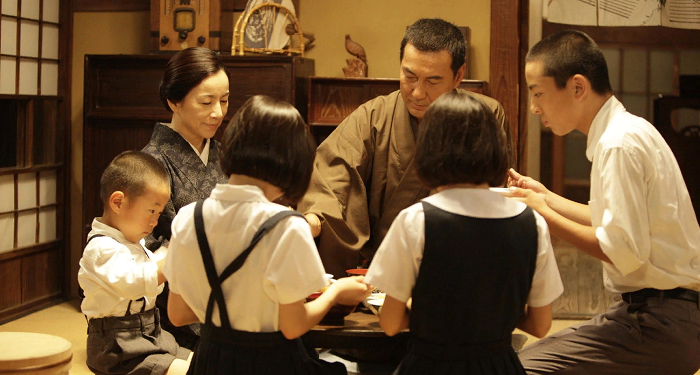Modern unspoken rules of behavior in Japanese society are dictated by the national mentality of the local population. Its key characteristic should be considered an increased level of collective responsibility compared to other (primarily Western civilizations).
Every Japanese is clearly aware of who he is and what place he occupies in the social hierarchy. He always associates himself with a certain social group, whether it be a student community, an enterprise team or a school class.
The Japanese culture of collectivism is best characterized by the term “giri”, which has no literal translation into Western languages. This is something like a sacred duty to the family or other social group, which must be fulfilled at all costs. Such a national character has another important consequence: almost all Japanese are desperate workaholics. They are used to working 12 hours a day, and they do it voluntarily, since the country has a fairly developed labor legislation. There is even a special term “karoshi”, which means the death of a person in the workplace from overwork.
In a behavioral aspect, Japanese society can be described as very reserved. The Japanese value personal space and, when greeting each other, almost never practice hugs and handshakes. Any touch, especially from a stranger, is likely to be met with restrained aggression. Also in Japan it is not customary to say goodbye verbally – the inhabitants simply bow to each other. Moreover, in order not to offend the inhabitant of the Japanese islands, culture prescribes to bow exactly as many times as the conditional interlocutor did.














